
The concept of valuation of shares sounds so complex and also bit boring unless you are deeply into it. But the moment you find yourself setting up an ESOP plan, raising funds, or trying to justify your company’s worth — it hits you. You have to know how this valuation thing works.
This isn't just for big corporates or VCs in suits. If you’re running a private company, handling finances, or even holding shares yourself — this is your problem too. The number on your balance sheet needs to reflect reality. Not just for peace of mind, but because regulators in India (and your investors) are watching.
And yeah, it's not something you can cook up on Excel after watching a YouTube video. There's a proper process. In fact, as per Indian law, only a Registered Valuer — someone who’s cleared exams, has experience, and is registered with IBBI — can sign off on it. That too, in certain cases, it’s mandatory.
So, if you’re trying to make sense of what your company’s shares are really worth, and when and why you need an official valuation, this guide is for you.
Why Do You Need Share Valuation?
Valuation of shares is required in multiple scenarios—some legal, some strategic:
- Mergers, acquisitions, or restructuring
- ESOP issuances
- Fundraising (private equity/venture capital)
- Buyback of shares
- Issue of shares at premium
- Exit or sale by investors
- Gift or transfer of shares among relatives
- Litigations, divorce settlements, or shareholder disputes
So, Who Can Actually Do a Share Valuation in India?
You can’t just ask your accountant or friend with an MBA to do it. The law has clearly specified on who can be the registered valuer. As per the Companies Act, 2013 (specifically, Section 247), anyone who is officially recognized as a "Registered Valuer" can do valuations in order to hold it legally valid.
Who can be the Registered Valuer?
A Registered Valuer is a person who has been approved by the Insolvency and Bankruptcy Board of India (IBBI). Registered valuers are qualified experts who focus on valuing assets like stocks, real estate, equipment, or financial instruments. They may be companies, partnerships, or individuals.
They can’t just call themselves valuers and start issuing reports. In order to be called as Registered Valuer, enrollment should be done with a Registered Valuer Organisation (RVO), complete the required training, pass an exam, and get officially registered with IBBI.
If your valuation report isn’t signed by one who complies with above criteria, then it would not hold valid in court, won’t satisfy regulators, and also, might not be taken seriously by investors either.
How Can You Become a Registered Valuer?
Let’s say you’re a finance professional and you want to be able to do this officially. Here’s the path:
- First, you’ll need a graduation degree—typically in commerce, business, finance, or something related.
- Then, you should have at least 3 years of relevant work experience in that field.
- After that, you have to complete a 50-hour training program from a recognized RVO.
- Once the training is done, you’ll need to pass the IBBI exam for the relevant asset class (in this case, securities or financial assets).
- Finally, apply to IBBI with all the paperwork, and once they approve, you’re in. You’ll get a registration number and can officially sign off on valuations.
- Completion of a 50-hour training with an RVO
- Passing the IBBI valuation exam
- Registration with IBBI post verification
Once approved, the valuer gets a unique registration number and can carry out valuations for companies, courts, or regulators.
Valuation Methods:
1. Net Asset Value (NAV) Method
This one is quite simple. The company's paper value is calculated by deducting its liabilities from its assets, which are the total value of everything the company owns. The per share value can be calculated by dividing total value with number of shares.
When does this make sense?
It’s ideal for companies that hold a lot of physical assets — like real estate firms, NBFCs, or investment companies. It is generally used when company is in the process of wind up.
Real-world tip:
Don’t use NAV if the company’s main value lies in its brand, tech, or future earnings — it won’t reflect that.
2. Discounted Cash Flow (DCF) Method:
Now this one’s a bit more involved. DCF approach is basically revolves around calculating the present value of all potential future incomes by discounting the figures with appropriate rate.It’s all about projections, assumptions, and discounting for risk.
When is this useful?
It’s great for startups, tech firms, or any business with strong growth potential — even if they’re not super profitable today. If the future looks bright, this method captures it.
Heads-up:
Since it’s based on assumptions, it’s also open to interpretation. That’s why a registered valuer needs to clearly state the logic behind every estimate.
3. Comparable Companies Method (CCM)
Also called the Market Multiple Method, this technique compares the company to similar businesses that are already listed on the stock exchange. The valuer looks at ratios like P/E (Price to Earnings) or EV/EBITDA and applies them to the company being valued.
When does this work best?
For well-established businesses in mature industries, where you can actually find good comparisons. Think manufacturing, retail chains, service companies, etc.
Quick note:
It only works if there are comparable companies and if the market hasn’t gone wild with speculation.
4. Income Capitalization Method
This method capitalizes maintainable profits by applying a suitable capitalization rate. A variant of the income approach, this is simpler than DCF.
What Goes into a Registered Valuation Report?
A Registered Valuation Report by an IBBI Registered Valuer is a formal document that includes:
- Purpose of valuation
- Background of the company
- Valuation date and scope
- Detailed assumptions and limitations
- Methodologies used and rationale
- Computation sheets
- Conclusion of value
- Declaration of independence and conflict of interest
This report is not just a formality. It is used by the ROC, Income Tax Department, SEBI, NCLT, and courts in legal proceedings or compliance assessments.
Regulatory Framework in India:
Let’s decode the legal side a bit.
- Companies Act, 2013 (Section 247): Mandates valuation by a Registered Valuer for specific transactions.
- Income Tax Act, 1961: For valuation under Section 56(2)(viib), Rule 11UA governs how FMV (Fair Market Value) is determined—either by NAV or DCF (by a merchant banker or CA).
- FEMA Regulations: For inbound or outbound investment, FEMA requires valuation by a SEBI Registered Merchant Banker or Chartered Accountant.
- Startups under DPIIT: Can get exemption from angel tax if they meet eligibility and provide valuation by a merchant banker.
- Depending on the law involved, the professional required may differ. But for company law transactions, IBBI Registered Valuer is mandatory.
Who Needs a Company Valuer?
The demand for Company Valuers is growing across the board:
- Startups need valuation reports for equity issuance or raising funding.
- Investors seek valuation for portfolio tracking and exits.
- Listed Companies require valuation in merger/demerger under SEBI norms.
- Auditors rely on independent valuations for impairment testing or fair value disclosures.
- Legal Advisors need registered valuation during litigation or arbitration.
Whether you're a founder trying to justify your share price, or a PE firm making an exit, an IBBI Registered Valuer is indispensable.
Choosing the Right Valuation Partner:
When selecting a valuer, keep in mind:
- Must be registered with IBBI (check the [IBBI portal](https://www.ibbi.gov.in/))
- Experience in similar transactions (buybacks, fundraising, ESOPs)
- Transparent in methods and assumptions
- Member of a reputed Registered Valuer Organisation (RVO)
- Prompt and compliant reporting
Registered Valuation is not a tick-box exercise. It's about integrity, accuracy, and defending your numbers when questioned.
Conclusion:
Pricing shares is not just about numbers—it's reason, experience, and instinct. Sure, models and equations play their part, but most importantly is how attuned the valuer is to the business, the sector, and the story behind the numbers. At the end of the day, it's more than an Excel spreadsheet.
The silver lining is that, with Registered Valuers under IBBI entering the picture, the process is far more structured and trustworthy. There's finally a proper system and that gives valuation reports in India both legal gravity and professional depth.
So, if money is changing hands, or shares are transferring ownership, don't take shortcuts. Hire someone who's authorized, competent, and has a stake in getting it right. Valuation done correctly doesn't only meet a compliance test—it gives you clarity, it gives you confidence, and sometimes even unlocks opportunity that you didn't even realize existed.
Because when valuation is correctly done, it doesn't just save value—it creates it.
Recent Posts
-
 SEBI’s New Co-Investment Framework for AIFs: An ...
Jan 14,2026
SEBI’s New Co-Investment Framework for AIFs: An ...
Jan 14,2026
-
 Incorporation of Company in Saudi Arabia...
Jan 05,2026
Incorporation of Company in Saudi Arabia...
Jan 05,2026
-
 Changes in Financial Reporting as per IFRS 18...
Dec 31,2025
Changes in Financial Reporting as per IFRS 18...
Dec 31,2025
-
 Digital Personal Data Protection Act Implementatio...
Dec 30,2025
Digital Personal Data Protection Act Implementatio...
Dec 30,2025
-
 How to setup a Semiconductor Unit in Gujarat...
Dec 26,2025
How to setup a Semiconductor Unit in Gujarat...
Dec 26,2025
-
 Process of Setting Up a Gratuity Fund Trust in Ind...
Dec 18,2025
Process of Setting Up a Gratuity Fund Trust in Ind...
Dec 18,2025
-
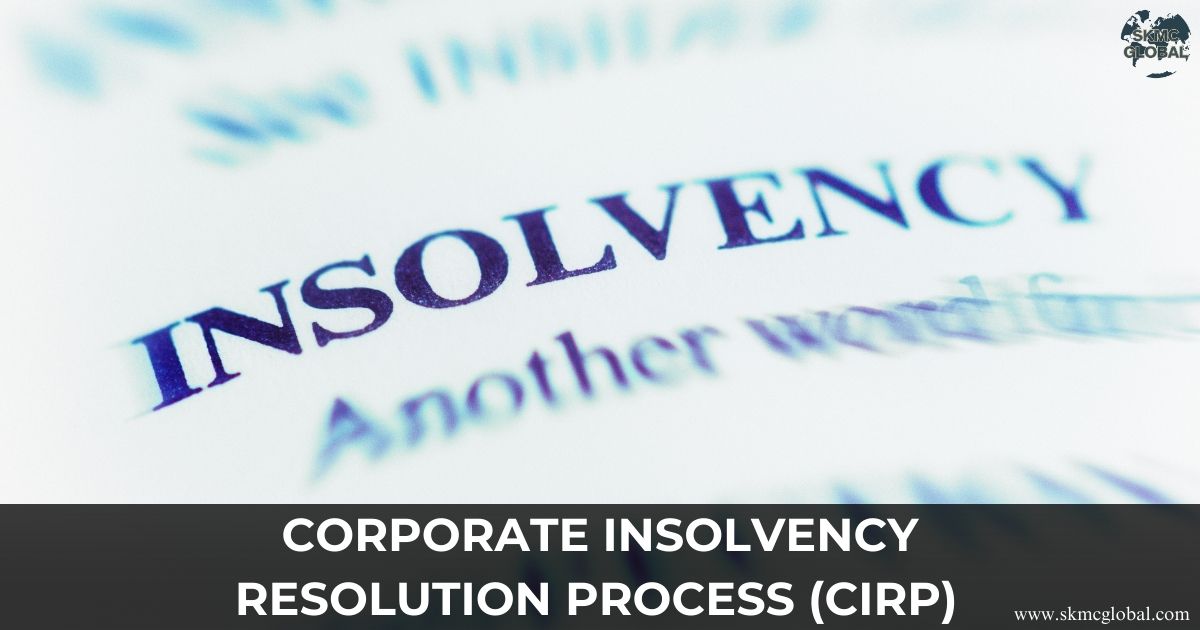 Corporate Insolvency Resolution Process (CIRP) und...
Dec 17,2025
Corporate Insolvency Resolution Process (CIRP) und...
Dec 17,2025
-
 Closure of a company in India...
Dec 12,2025
Closure of a company in India...
Dec 12,2025
-
 Importance of Black Money Act 2015...
Dec 11,2025
Importance of Black Money Act 2015...
Dec 11,2025
-
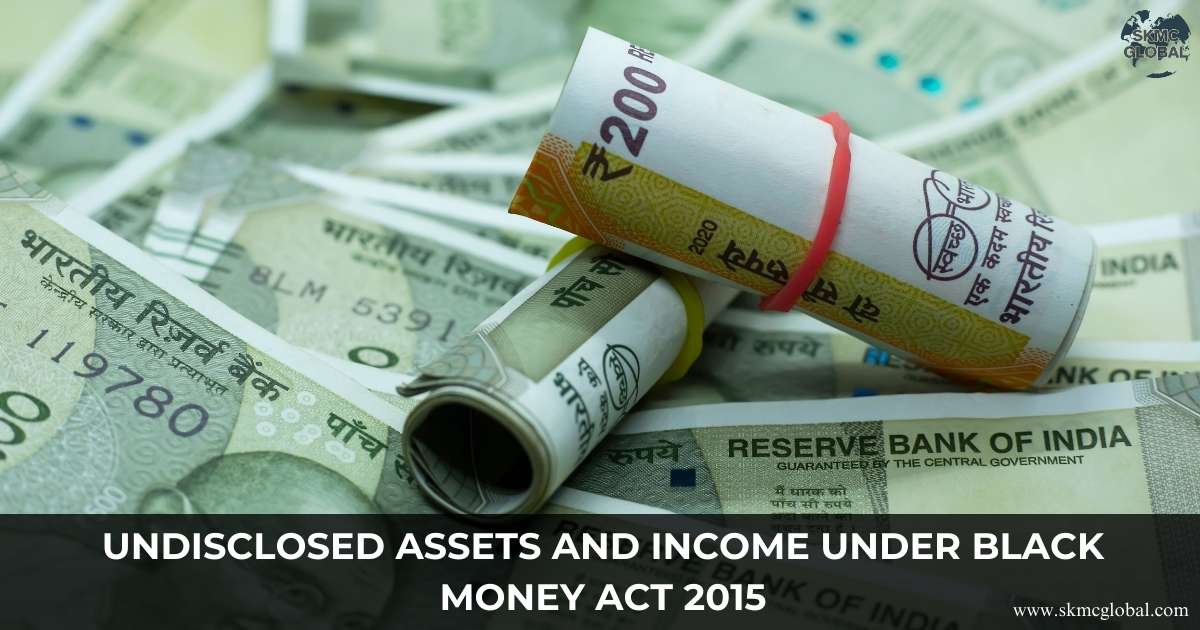 What are undisclosed assets and income under Black...
Dec 08,2025
What are undisclosed assets and income under Black...
Dec 08,2025
-
 Importance of PIMS certification for Importers in ...
Dec 06,2025
Importance of PIMS certification for Importers in ...
Dec 06,2025
-
 Incorporation of Company in UAE...
Dec 03,2025
Incorporation of Company in UAE...
Dec 03,2025
-
 Legal Entity Identifier LEI - Purpose and Applicab...
Dec 01,2025
Legal Entity Identifier LEI - Purpose and Applicab...
Dec 01,2025
-
 Implementation of New Labour Codes 2025...
Nov 29,2025
Implementation of New Labour Codes 2025...
Nov 29,2025
-
 A Step-by-Step Guide to a Smooth Payroll Outsourci...
Nov 28,2025
A Step-by-Step Guide to a Smooth Payroll Outsourci...
Nov 28,2025
-
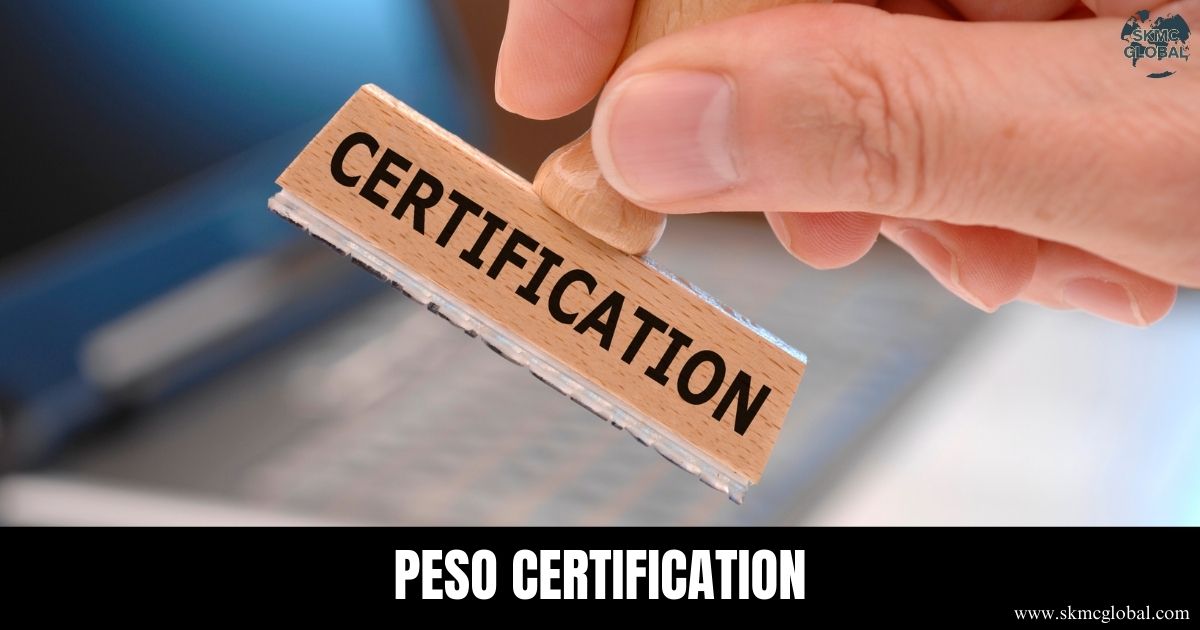 PESO Certification in India...
Nov 26,2025
PESO Certification in India...
Nov 26,2025
-
 Family Trusts for NRIs- Managing Indian Assets fro...
Nov 24,2025
Family Trusts for NRIs- Managing Indian Assets fro...
Nov 24,2025
-
 Decoding Disclosures: Section 184 of Companies Act...
Nov 21,2025
Decoding Disclosures: Section 184 of Companies Act...
Nov 21,2025
-
 All you want to know about Recycling business in I...
Nov 20,2025
All you want to know about Recycling business in I...
Nov 20,2025
-
 What is Seed Fund Scheme and its relevance for Sta...
Nov 19,2025
What is Seed Fund Scheme and its relevance for Sta...
Nov 19,2025
-
 Incorporation of Company in Singapore...
Nov 18,2025
Incorporation of Company in Singapore...
Nov 18,2025
-
 How to upgrade your AEO T2 certification to AEO T3...
Nov 15,2025
How to upgrade your AEO T2 certification to AEO T3...
Nov 15,2025
-
 What is the relevance of APEDA Registration and it...
Nov 14,2025
What is the relevance of APEDA Registration and it...
Nov 14,2025
-
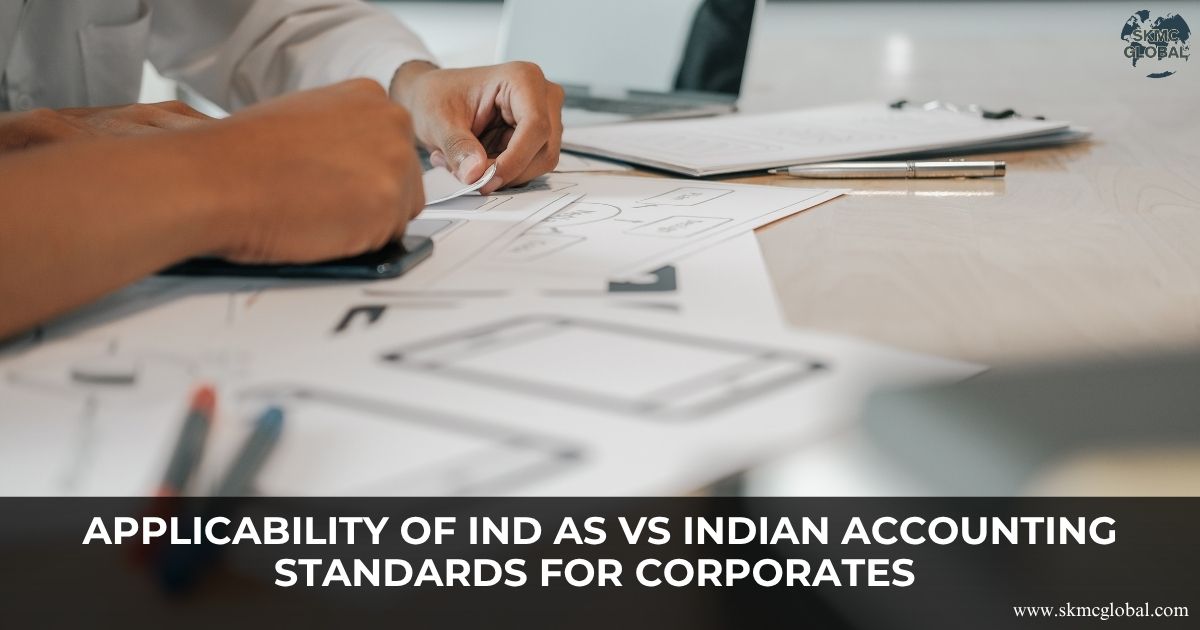 Applicability of Indian Accounting Standards for c...
Nov 11,2025
Applicability of Indian Accounting Standards for c...
Nov 11,2025
-
 Public vs. Private Trust: key Differences in Regis...
Oct 28,2025
Public vs. Private Trust: key Differences in Regis...
Oct 28,2025
-
 Donation and Foreign Contributions to Trusts in In...
Oct 23,2025
Donation and Foreign Contributions to Trusts in In...
Oct 23,2025
-
 Redeemable Preference Shares as a Financial Tool...
Oct 22,2025
Redeemable Preference Shares as a Financial Tool...
Oct 22,2025
-
 STPI Unit and Non-STPI Unit...
Oct 16,2025
STPI Unit and Non-STPI Unit...
Oct 16,2025
-
 Country-by-Country Reporting (CbCR) and Its Evolvi...
Oct 09,2025
Country-by-Country Reporting (CbCR) and Its Evolvi...
Oct 09,2025
-
 What is Free Trade Agreement and Certificate of Or...
Oct 08,2025
What is Free Trade Agreement and Certificate of Or...
Oct 08,2025
-
 What is the relevance of status holders certificat...
Oct 06,2025
What is the relevance of status holders certificat...
Oct 06,2025
-
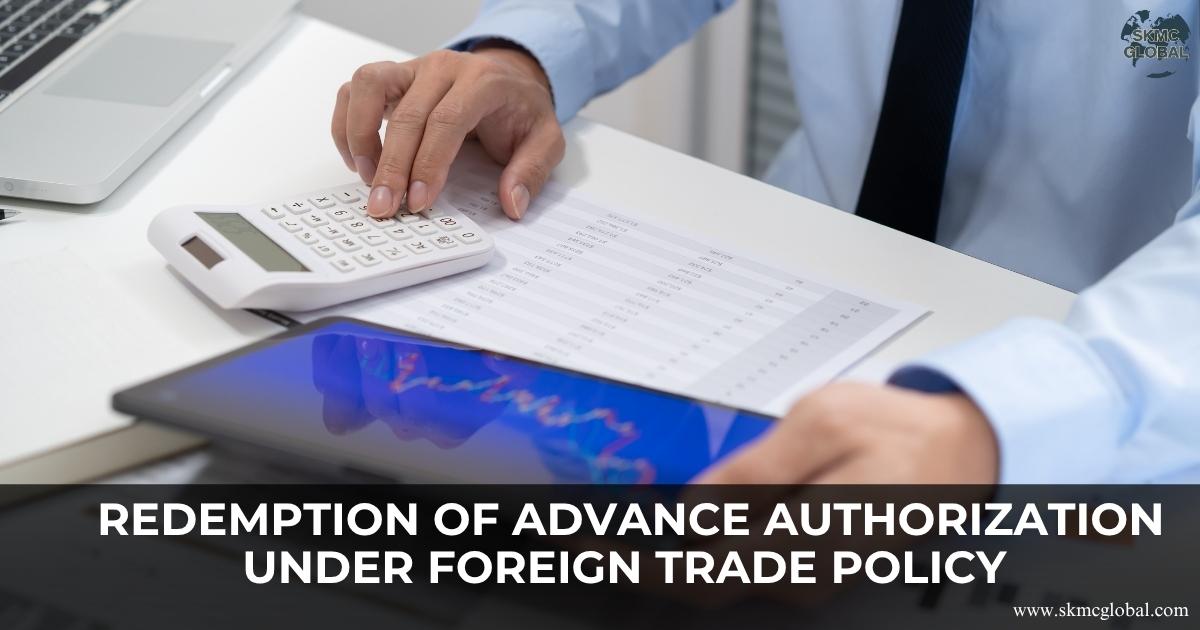 Redemption of Advance Authorization under Foreign ...
Oct 04,2025
Redemption of Advance Authorization under Foreign ...
Oct 04,2025
-
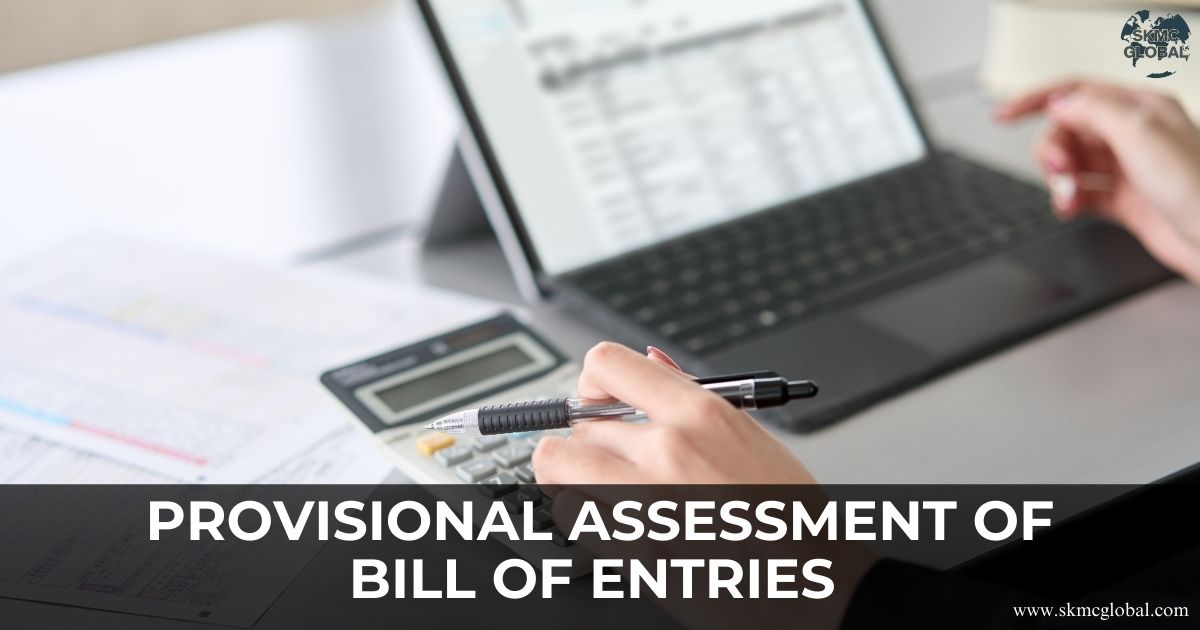 What is provisional assessment of Bill of Entries ...
Sep 29,2025
What is provisional assessment of Bill of Entries ...
Sep 29,2025
-
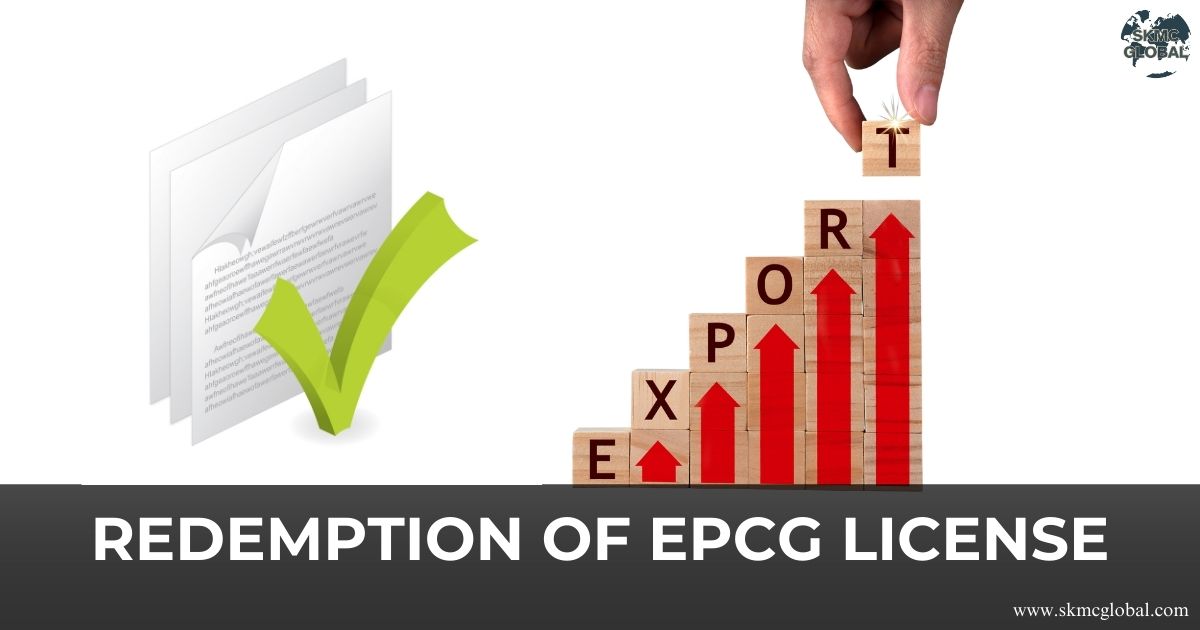 Redemption of EPCG License...
Sep 26,2025
Redemption of EPCG License...
Sep 26,2025
-
 MOOWR (Manufacturing and Other Operations in Wareh...
Sep 24,2025
MOOWR (Manufacturing and Other Operations in Wareh...
Sep 24,2025
-
 Procedure to Apply SCOMET License...
Sep 22,2025
Procedure to Apply SCOMET License...
Sep 22,2025
-
 Landscape of Semiconductor Industry while Doing Bu...
Sep 18,2025
Landscape of Semiconductor Industry while Doing Bu...
Sep 18,2025
-
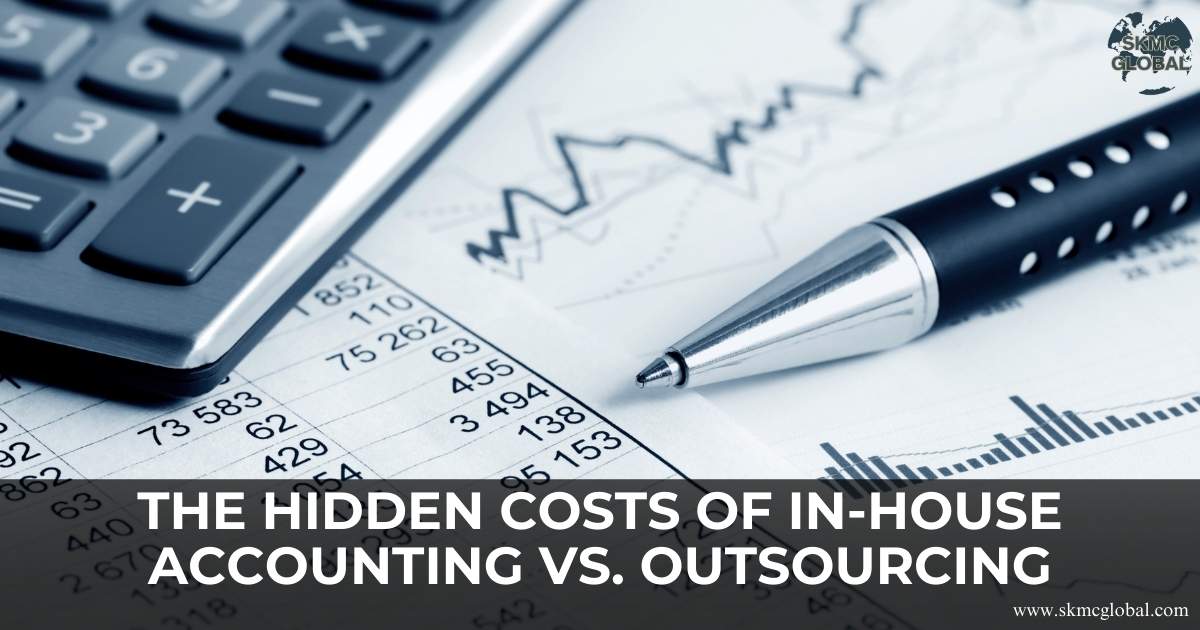 The Hidden Costs of In-House Accounting v/s Outsou...
Sep 17,2025
The Hidden Costs of In-House Accounting v/s Outsou...
Sep 17,2025
-
 TDS on sale of immovable property by an nri...
Sep 10,2025
TDS on sale of immovable property by an nri...
Sep 10,2025
-
 Setting up a Project Office in India...
Sep 08,2025
Setting up a Project Office in India...
Sep 08,2025
-
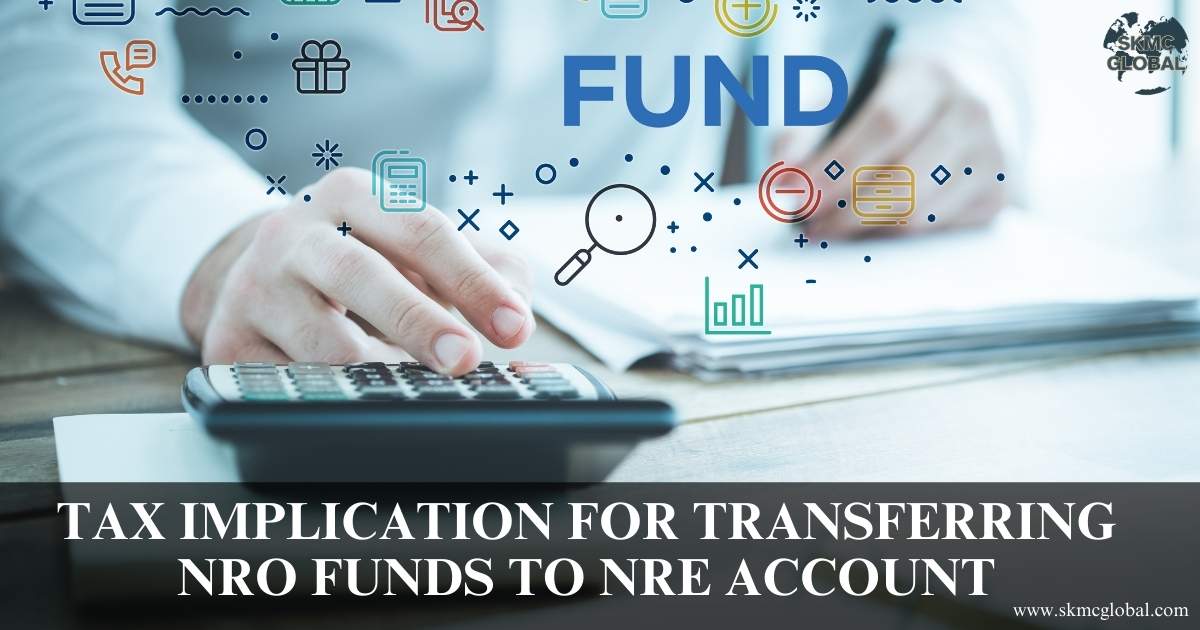 Tax Implication for Transferring NRO Funds to NRE ...
Sep 05,2025
Tax Implication for Transferring NRO Funds to NRE ...
Sep 05,2025
-
 How outsourcing CFO services helps the corporates ...
Aug 27,2025
How outsourcing CFO services helps the corporates ...
Aug 27,2025
-
 Why a Periodical Cash Flow Statement is Necessary ...
Aug 26,2025
Why a Periodical Cash Flow Statement is Necessary ...
Aug 26,2025
-
 What is FATCA and CRS reporting and its difference...
Aug 22,2025
What is FATCA and CRS reporting and its difference...
Aug 22,2025
-
 What are unclaimed TDS Credits and how to claim it...
Aug 21,2025
What are unclaimed TDS Credits and how to claim it...
Aug 21,2025
-
 Digital Taxation is reshaping Tax Nexus Between Ju...
Aug 20,2025
Digital Taxation is reshaping Tax Nexus Between Ju...
Aug 20,2025
-
 Procedure to Take PF Registration and Its Complian...
Aug 18,2025
Procedure to Take PF Registration and Its Complian...
Aug 18,2025
-
 Procedure to take PSARA License...
Aug 11,2025
Procedure to take PSARA License...
Aug 11,2025
-
 Mandatory factory license while setting up manufac...
Aug 08,2025
Mandatory factory license while setting up manufac...
Aug 08,2025
-
 Procedure for obtaining NBFC Registration in India...
Aug 04,2025
Procedure for obtaining NBFC Registration in India...
Aug 04,2025
-
 FSSAI License registration for Food Business...
Jul 14,2025
FSSAI License registration for Food Business...
Jul 14,2025
-
 How Management Information System (MIS) reporting ...
Jul 11,2025
How Management Information System (MIS) reporting ...
Jul 11,2025
-
 IFRS 9 impairment- A complete guide...
Jul 12,2025
IFRS 9 impairment- A complete guide...
Jul 12,2025
-
 Why most of the companies are shifting to hr and p...
Jul 10,2025
Why most of the companies are shifting to hr and p...
Jul 10,2025
-
 A complete guide on valuation of shares...
Jul 10,2025
A complete guide on valuation of shares...
Jul 10,2025
-
 BIS registration for foreign manufacturer...
Jul 09,2025
BIS registration for foreign manufacturer...
Jul 09,2025
-
 Understanding the Scope of the Shops and Establish...
Jul 08,2025
Understanding the Scope of the Shops and Establish...
Jul 08,2025
-
 Coso framework: Complete guide on internal control...
Jun 26,2025
Coso framework: Complete guide on internal control...
Jun 26,2025
-
 Components and Process for Conducting Internal Aud...
Jun 25,2025
Components and Process for Conducting Internal Aud...
Jun 25,2025
-
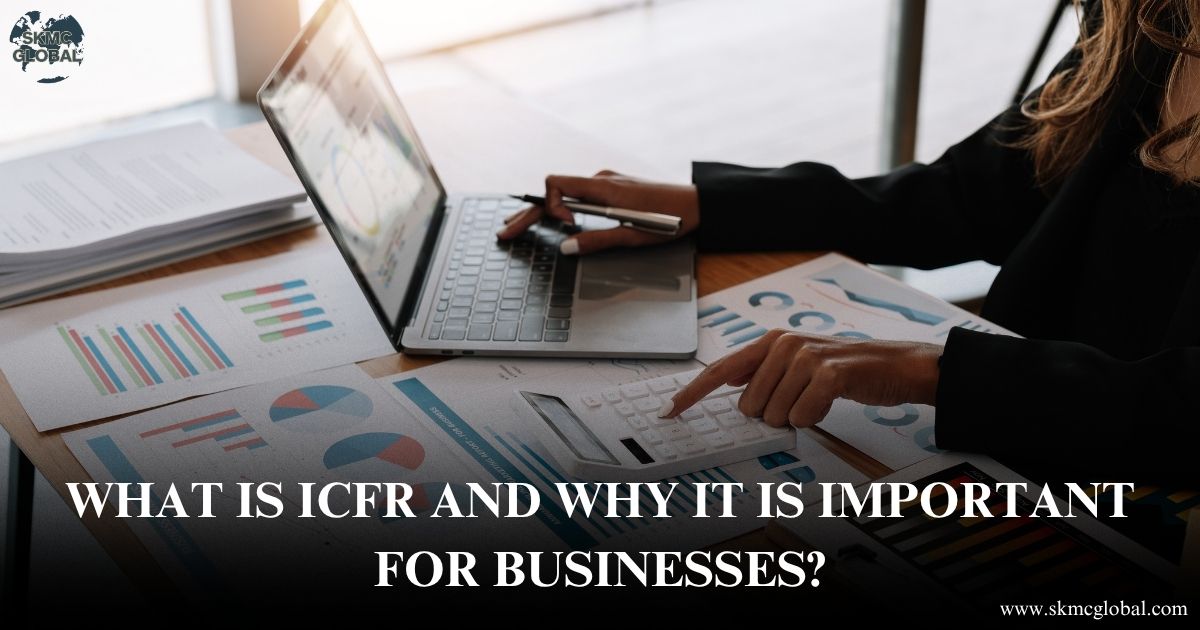 What is ICFR and Why It is Important for Businesse...
Jun 24,2025
What is ICFR and Why It is Important for Businesse...
Jun 24,2025
-
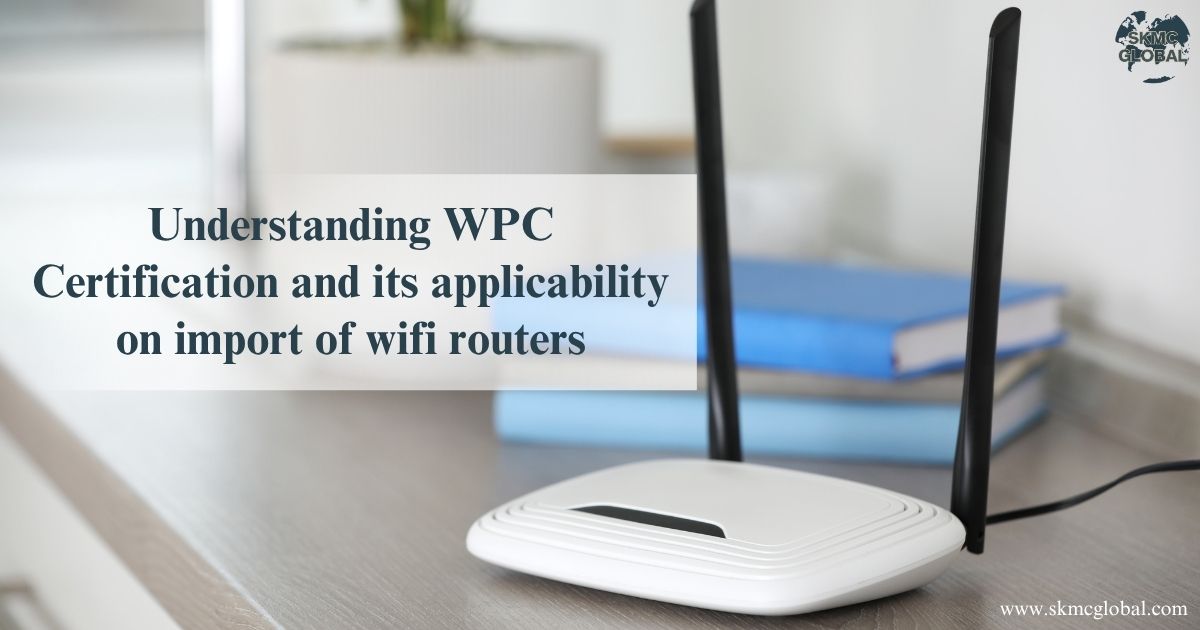 Understanding WPC Certification and its applicabil...
Jun 23,2025
Understanding WPC Certification and its applicabil...
Jun 23,2025
-
 Procedure to take EPR registration for battery was...
Jun 21,2025
Procedure to take EPR registration for battery was...
Jun 21,2025
-
 3PL Logistics...
Jun 19,2025
3PL Logistics...
Jun 19,2025
-
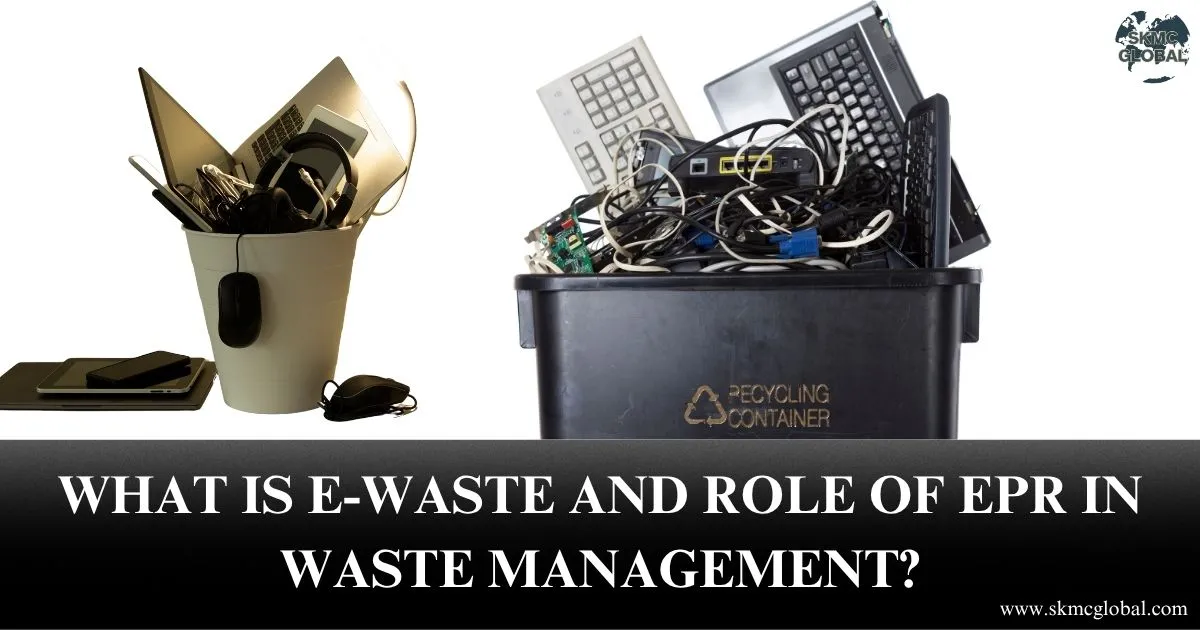 What is E-Waste and role of EPR in Waste Managemen...
Jun 17,2025
What is E-Waste and role of EPR in Waste Managemen...
Jun 17,2025
-
 M&A Due Diligence in India: How to Spot Target Com...
Jun 16,2025
M&A Due Diligence in India: How to Spot Target Com...
Jun 16,2025
-
 BIS crs certification for electronic products...
Jun 12,2025
BIS crs certification for electronic products...
Jun 12,2025
-
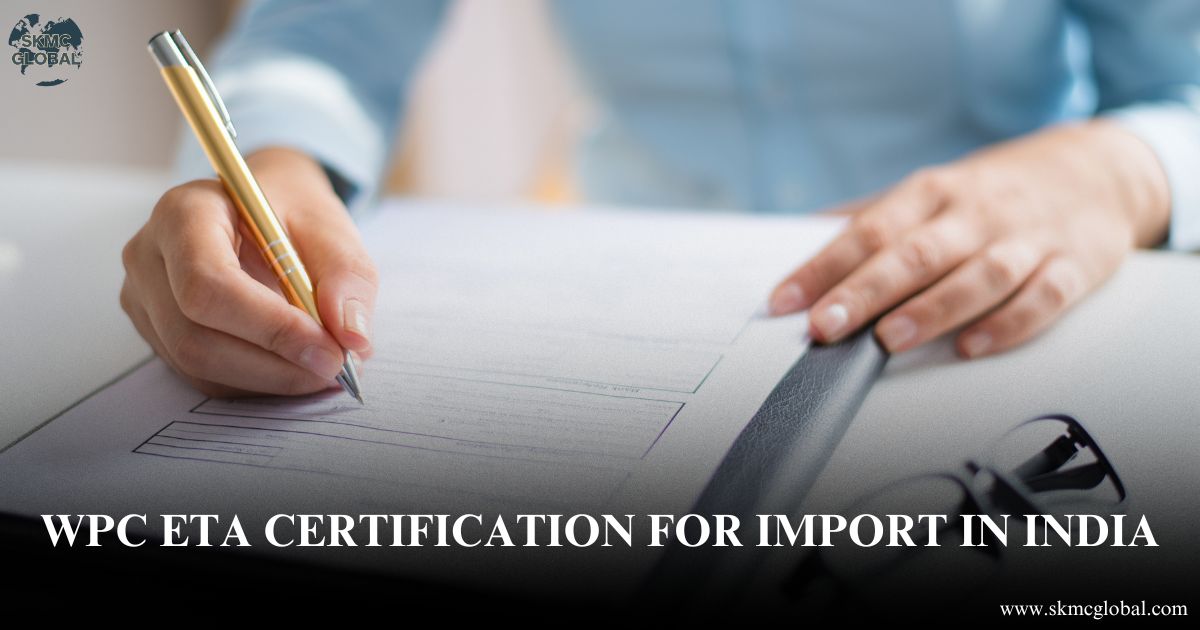 All you need to know about WPC ETA certification f...
Jun 11,2025
All you need to know about WPC ETA certification f...
Jun 11,2025
-
 What is CDSCO Registration under The Drugs & Cosme...
Jun 10,2025
What is CDSCO Registration under The Drugs & Cosme...
Jun 10,2025
-
 Procedure to Take CDSCO Registration in India: A C...
Jun 09,2025
Procedure to Take CDSCO Registration in India: A C...
Jun 09,2025
-
 All You Need to Know About AERB Registration...
Jun 07,2025
All You Need to Know About AERB Registration...
Jun 07,2025
-
 Understanding POSH (Prevention of Sexual Harassmen...
Jun 03,2025
Understanding POSH (Prevention of Sexual Harassmen...
Jun 03,2025
-
 Chartered Accountant's role in financial managemen...
May 23,2025
Chartered Accountant's role in financial managemen...
May 23,2025
-
 5 Things to keep in your mind while running payrol...
May 17,2025
5 Things to keep in your mind while running payrol...
May 17,2025
-
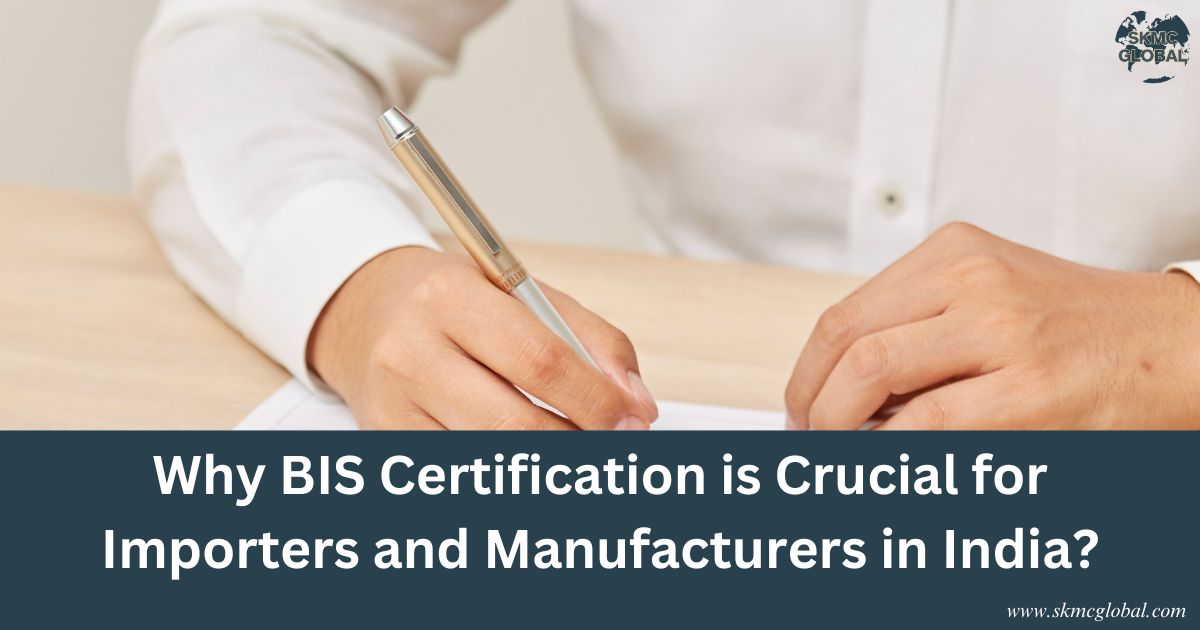 Why BIS Certification is Crucial for Importers and...
May 15,2025
Why BIS Certification is Crucial for Importers and...
May 15,2025
-
 Top 7 Reasons Indian Entrepreneurs Are Switching t...
May 07,2025
Top 7 Reasons Indian Entrepreneurs Are Switching t...
May 07,2025
-
 Incorporation of Company in Japan...
Apr 24,2025
Incorporation of Company in Japan...
Apr 24,2025
-
 How to set up a Representative Office in Singapore...
Apr 14,2025
How to set up a Representative Office in Singapore...
Apr 14,2025
-
 BIS certificate for medical equipments...
Apr 09,2025
BIS certificate for medical equipments...
Apr 09,2025
-
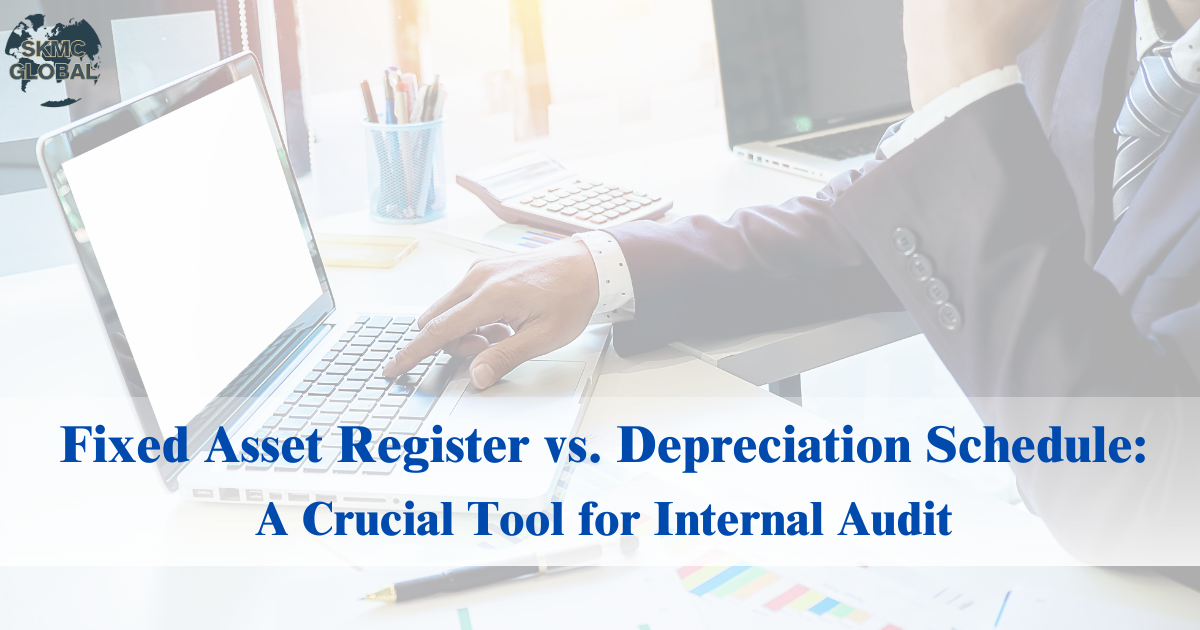 Fixed Asset Register v/s Depreciation Schedule: A ...
Apr 02,2025
Fixed Asset Register v/s Depreciation Schedule: A ...
Apr 02,2025
-
 Role of AI in Accounting...
Mar 26,2025
Role of AI in Accounting...
Mar 26,2025
-
 Capital Structure & its Impact on Profitability...
Feb 21,2025
Capital Structure & its Impact on Profitability...
Feb 21,2025
-
 Union Budget 2025...
Feb 01,2025
Union Budget 2025...
Feb 01,2025
-
 What is EPR in Plastic waste Management? ...
Jul 12,2022
What is EPR in Plastic waste Management? ...
Jul 12,2022
-
 Lithium-ion Battery Recycling Plant Setup in India...
May 10,2022
Lithium-ion Battery Recycling Plant Setup in India...
May 10,2022
-
 Setting up E-waste Recycling Plant Setup...
Jan 12,2022
Setting up E-waste Recycling Plant Setup...
Jan 12,2022
-
 Applicability of Labour Laws in India...
Jul 15,2021
Applicability of Labour Laws in India...
Jul 15,2021
-
 Basis to Outsource Finance and Accounting Services...
Oct 31,2021
Basis to Outsource Finance and Accounting Services...
Oct 31,2021
